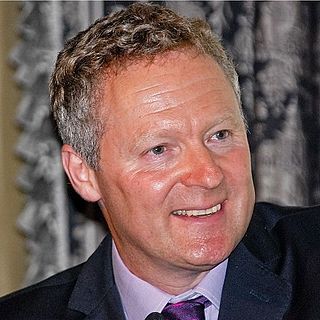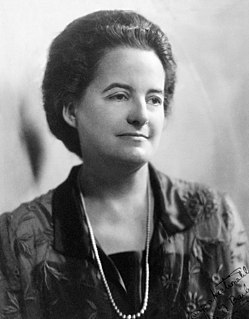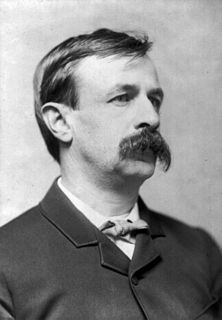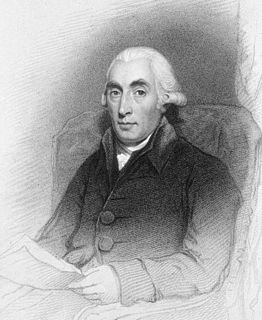A Quote by Pierre Teilhard de Chardin
The quantity and quality of consciousness, one may say, have always been growing throughout geological times. In this respect man, in whom nervous organisation and therefore psychological powers have attained an undisputed maximum, may be considered, scientifically, as a natural centre of evolution of the primates.
Related Quotes
With respect to the development of powers devoted to coping with specific scientific and economic problems we may say that the child should be growing in manhood. With respect to sympathetic curiosity, unbiased responsiveness, and openness of mind, we may say that the adult should be growing in childlikeness.
As a general rule, man strives to avoid labor. Love for work is not at all an inborn characteristic: it is created by economic pressure and social education. One may even say that man is a fairly lazy animal. It is on this quality, in reality, that is founded to a considerable extent all human progress; because if man did not strive to expend his energy economically, did not seek to receive the largest possible quantity of products in return for a small quantity of energy, there would have been no technical development or social culture.
Evolution does not attempt to explain the origin of life. It is simply a history of the process of life. With the secret cause of life evolution has nothing to do. A man, therefore, may be a materialistic evolutionist or a theistic evolutionist; that is, he may believe that the cause is some single unintelligent impersonal force, or he may believe that the cause is a wise and beneficent God.
If I were to give a summary of the tendency of our times, I would say, Quantity. The multitude, the mass spirit, dominates everywhere, destroying quality. Our entire life--production, politics, and education--rests on quantity, on numbers. The worker who once took pride in the thoroughness and quality of his work, has been replaced by brainless, incompetent automatons, who turn out enormous quantities of things, valueless to themselves, and generally injurious to the rest of mankind. Thus quantity, instead of adding to life's comforts and peace, has merely increased man's burden.
From the standpoint of our spiritual development, it might be important for us to realize that we came from an unknown somewhere; we brought with us an attained state of consciousness; and while we are here, we are expanding that consciousness. From some perspectives, it may seem that we are making giant strides, but from the greater overview, our quantity of spiritual knowledge is smaller than Ptolemy's knowledge of astronomy!
There is a certain silence that can emanate from a lifeless object as from a chair lately used, or from a piano with old dust upon its keys, or from anything that has answered to the need of a man, for pleasure or for work. This kind of silence can speak. Its voice may be melancholy, but it is not always so; for the chair may have been left by a laughing child or the last notes of the piano may have been raucous and gay. Whatever the mood or the circumstance, the essence of its quality may linger in the silence that follows. It is a soundless echo.
I suggest that just as self-consciousness is the goal for all the subhuman forms of life, and as group consciousness, or the consciousness of the Heavenly Man, is the goal for the human being, so for him, also, there may be a goal, and for him the achievement may be the development of God consciousness.
[I]f we could have devised an arrangement for providing everybody with music in their homes, perfect in quality, unlimited in quantity, suited to every mood, and beginning and ceasing at will, we should have considered the limit of human felicity already attained, and ceased to strive for further improvements.
The male has been persuaded to assume a certain onerous and disagreeable role with the promise of rewards -- material and psychological. Women may in the first place even have put it into his head. BE A MAN! may have been, metaphorically, what Eve uttered at the critical moment in the garden of Eden.
The problem of reconciling human suffering with the existence of a God who loves, is only insoluble so long as we attach a trivial meaning to the word "love", and look on things as if man were the centre of them. Man is not the centre. God does not exist for the sake of man. Man does not exist for his own sake. "Thou hast created all things, and for thy pleasure they are and were created." We were made not primarily that we may love God (though we were made for that too) but that God may love us, that we may become objects in which the divine love may rest "well pleased".
Heat may be considered, either in respect of its quantity, or of its intensity. Thus two lbs. of water, equally heated, must contain double the quantity that one of them does, though the thermometer applied to them separately, or together, stands at precisely the same point, because it requires double the time to heat two lbs. as it does to heat one.








































